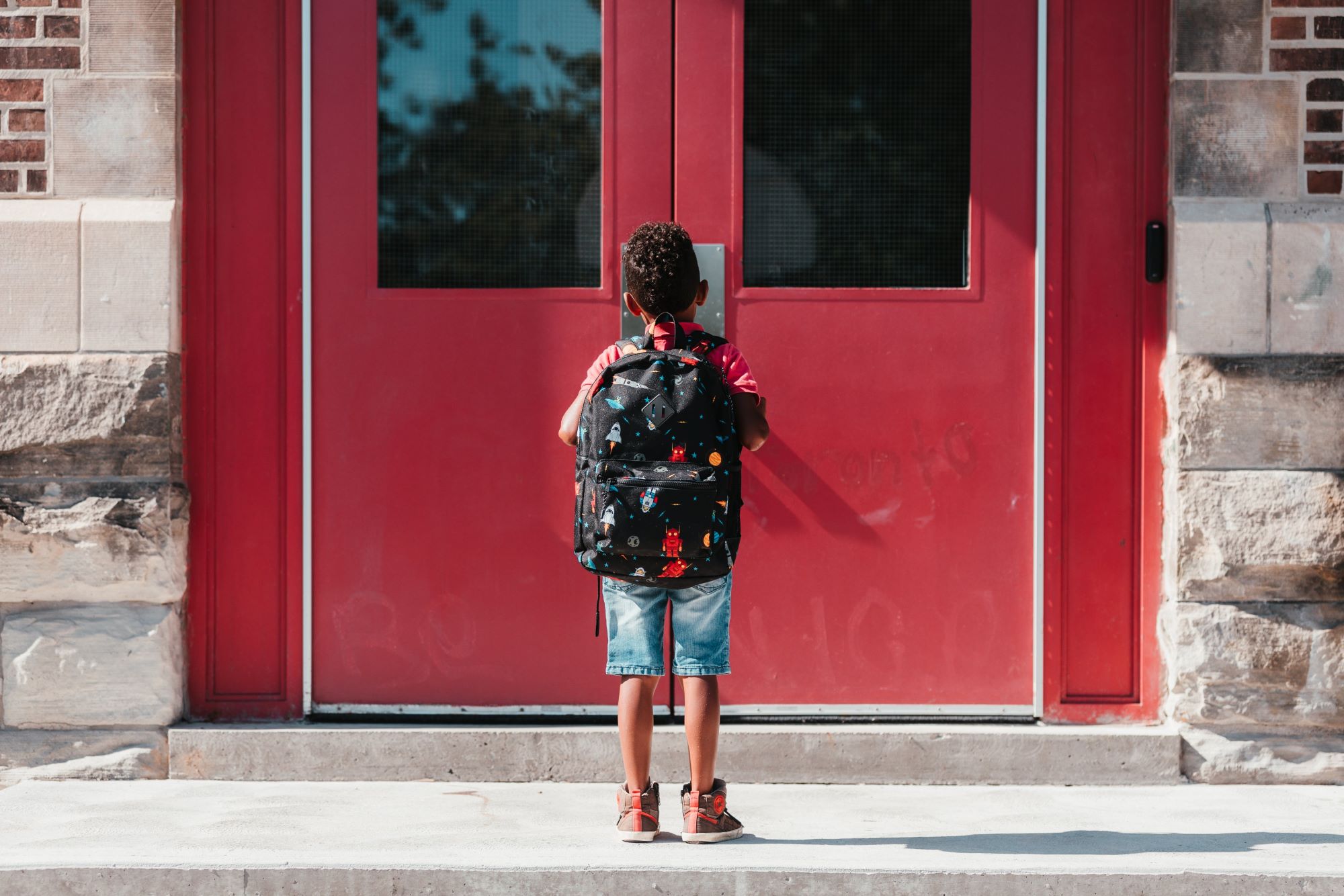In Ontario, Canada, the education system is designed to provide students with the knowledge and skills they need to succeed. From elementary school to post-secondary education, the province offers a range of educational opportunities. However, navigating this complex system can sometimes be challenging, and there are instances where you may find yourself in need of legal assistance. Here’s why having a lawyer for schools and education matters in Ontario.
Special Education Needs: One of the critical areas where legal assistance may be required is in matters related to special education. Ontario’s education system is committed to inclusive education, ensuring that all students, regardless of their abilities, have access to quality education. However, disputes may arise concerning Individual Education Plans (IEPs), accommodations, or access to necessary services for students with special needs. A lawyer can help advocate for the rights of the student and ensure that they receive the support they are entitled to under the law.
Disciplinary Actions: Schools in Ontario have disciplinary procedures in place to maintain a safe and conducive learning environment. However, there are instances where students may face unfair treatment or disciplinary actions that are disproportionate to the offense committed. In such cases, a lawyer can provide guidance on the student’s rights and options for recourse, whether it involves appealing a suspension, expulsion, or addressing allegations of misconduct.
School Board Policies and Procedures: School boards in Ontario are governed by policies and procedures that dictate various aspects of the educational experience, including enrollment, curriculum, and student conduct. Understanding these policies and procedures can be complex, especially for parents or students who are unfamiliar with the system. A lawyer with expertise in education law can help interpret these policies and ensure that the rights of the student are protected.
Disputes with Educational Institutions: Whether it’s a disagreement over tuition fees, grading disputes, or allegations of negligence, disputes with educational institutions can be stressful and time-consuming. Having a lawyer represent your interests can help resolve these disputes efficiently and effectively, whether through negotiation, mediation, or, if necessary, litigation.
Human Rights and Equity Issues: Ontario’s education system is committed to promoting equity, diversity, and inclusion. However, instances of discrimination, harassment, or violation of human rights may occur within educational institutions. A lawyer can assist in addressing these issues, whether it involves filing a complaint with the Ontario Human Rights Tribunal or seeking other forms of redress.
Policy Advocacy and Systemic Change: In addition to addressing individual legal matters, lawyers can also play a crucial role in advocating for systemic change within the education system. By working with advocacy groups, community organizations, and policymakers, lawyers can help shape education policy and ensure that the rights of all students are upheld.
While the Ontario education system strives to provide a quality learning experience for all students, there are instances where legal assistance may be necessary to navigate challenges or protect one’s rights. Whether it’s advocating for a student with special needs, addressing disciplinary actions, resolving disputes, or advocating for systemic change, having a lawyer with expertise in education law can make a significant difference in ensuring fair and equitable treatment within Ontario’s schools.
We often think of schooling before post-secondary level as being something that is more of a "freebie" or something that is simply provided to the public. Students in Ontario however, have a right to an education. These rights don't simply let them enter the school building, but it permits them to actually learn to try to achieve their full potential. If you are the parents of a child in school, you need to learn how to properly advocate for your child to make sure that they get all the services they need in order to succeed in school.
As a parent, you have to be in constant communication with your children to find out how they're doing and whether or not they are happy in school. Bullying in schools has become a very significant problem. Whereas before, bullying often took place in the schoolyard, nowadays, bullying can also take place after hours. Internet bullying has become a major issue and as a parent, you need to be aware of what your children are doing, who they're communicating with, and protect them from online predators, or even schoolmates who may be bullying or blackmailing them online. Students who are concerned about bullying or are victims of bullying will often not be able to concentrate or do well in class. A child's safety is extremely important for them to be able to concentrate on what they need to do within the classroom and to succeed in academics. A school has the obligation to provide a safe environment for all students. A school will be responsible if any student is harmed because of their lack of action to prevent the student from being harmed or hurt. Schools may face legal consequences if bullying results in injury to a student. Injuries to students are not just physical injuries but can also involve mental or emotional (psychological) injuries.
In recent years, we have seen on the news what a school culture of bullying and hazing can do to students. Schools should be proactive and need to monitor their extracurricular activities, sports and clubs to ensure that those people supervising such activities (including coaches) as well as the students participating in these activities are kept safe and are respected.
A school can also be found responsible for failing to accommodate children with special needs. Children with special needs may be at higher risk of bullying or being treated poorly by others. A school needs to ensure that a student's special needs are assessed and met to ensure that the student isn't provided with less opportunities to succeed as other students in the school.
As a parent, you may also find out that the school has decided to impose disciplinary sanctions on your child, such as suspensions and expulsions. If such occurs, your child is entitled to have any allegations against him or her be fairly investigated and assessed before such sanctions are made. These records may negatively affect a child later in life in their further academic pursuits. If you find out the school is suspending or expelling your child, you should speak to a lawyer right away to find out whether or not your child's rights, including those as protected under the Canadian Charter of Rights and Freedoms has been protected.
If your child has been accused of plagiarism or cheating, your child deserves to have an impartial investigation conducted to determine whether or not that is the case. Academic integrity is important and any issues involving plagiarism or cheating may negatively affect your child's school record going forward. If your child is being accused of improper behaviour, contact a lawyer to see how you can best protect your child's rights and protect their future.
Ready to get started? Key Legal has Ontario Schools and Education Law Lawyers ready to help you either through Zoom meetings or by telephone. You can either book an appointment or request a lawyer on-demand. Just use our booking page or our chat feature to get started!

